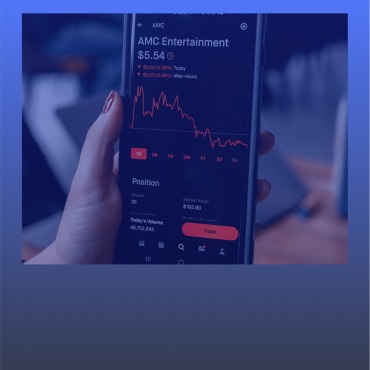Whatever questions you may have regarding custodial and non-custodial wallets, we hope this article does justice to it.
Many discuss blockchain beyond cryptocurrencies, how to create a Blockchain wallet, and which cryptocurrency will be the global currency. Others concentrate on selecting the proper wallet based on custody of the private key: Custodial vs. Non-Custodial wallet comparison. This topic will be elaborated upon in this article.
People typically know that crypto wallets are utilized for storing cryptocurrencies and conducting transactions on a blockchain network. However, crypto wallets do not technically store crypto itself. Rather, a digital wallet creates an address that identifies the user’s digital assets on the blockchain. that locates the user’s digital assets on the blockchain.
Custodial or non-custodial wallets are distinguished by who controls or has access to private keys. What are other differences between these wallet types, and how can one decide which best suits their requirements?
This article will help you make the right decision on which wallet would be the best for you to learn about what web3 wallet is about, click on the link: WHAT IS A WEB3 WALLET
WHAT IS A CUSTODIAL WALLET?
A Custodial wallet is a kind of wallet where a third party holds and oversees the private key instead of the user. The third-party manages your funds while you can still make payments.
When opting for a Custodial wallet, it’s crucial to select a trusted, reliable, and regulatory-compliant option. Many users favor this kind of wallet since handling private keys can be challenging, and losing them equates to permanent loss of access to funds.
WHAT IS A NON-CUSTODIAL WALLET?
A non-custodial wallet requires users to manage and secure their private key, giving them complete control of their funds. Essentially functioning as their own bank, users have constant access to their funds without third-party involvement. Unlike platforms like crypto exchanges, users, not external parties, hold custodial control over their digital assets. This type of wallet appeals to seasoned traders willing to ensure the security of their private keys.
DIFFERENCE BETWEEN CUSTODIAL AND NON-CUSTODIAL WALLETS.
Possession of private key
The private key is a crucial factor to consider when selecting a wallet. Custodial wallets entrust the private key to a third party, while non-custodial wallets have the user retain the private key.
Security
Another aspect to consider is the security of the user’s data. Custodial wallets store the user’s data and key in centralized servers, leaving them exposed to attacks and breaches by malicious parties. Conversely, non-custodial wallet users retain complete control over their information and keys, heightening the challenge for hackers to reach their funds.
Transaction time and cost.
In a custodial wallet, the transaction history is not reflected on the chain in real time, and costs for carrying out transactions are very high.
However, in the non-custodial wallet, users authenticate transactions themselves making it faster and transaction costs are cheaper because there are no custodians.
Backup and recovery
In a custodial wallet, when there is a loss of wallet password, the user relies on the custodian to recover the password. With the non-custodial wallet, users are extremely careful not to lose their private key as losing the key equates to losing their funds.
Account creation.
In a custodial wallet, for security reasons, the user needs to complete the Know Your Customer (KYC) form which could be time-consuming. However, in non-custodial wallet, KYC is not needed thereby making it fast to create.
BENEFITS AND LIMITATIONS OF CUSTODIAL WALLETS.
Benefits
Custodial wallet users do not worry about losing their private keys. However, if they lose any vital information, they can easily reach out to customer support to regain access to their funds.
No transaction fee is required when carrying out transactions within the ecosystem
The custodian also offers backup facilities at any time to help avoid financial losses.
Limitations
Users rely on third-party custodians to store their private keys. Therefore, if the third party does not have strong security measures, they are prone to losing their funds.
Users do not have authority over your wallets. Third party can do anything to the funds like freezing.
You can not gain access to your wallet if you do not prove your identity (KYC).
BENEFITS AND LIMITATIONS OF NON-CUSTODIAL WALLET.
Benefits
They allow users access to their funds.
There is a breach
No confirmation from the third party is needed before performing any transaction.
Limitations
Users need to be careful while using a non-custodial wallet because if one loses your private key, it is gone forever. Apart from the seed phrase, there is no way to restore an account if a user loses their password.
Final thoughts:
In a custodial wallet, the private key is held by a third party, while in a non-custodial wallet, users are solely responsible for and have complete control over their assets.







